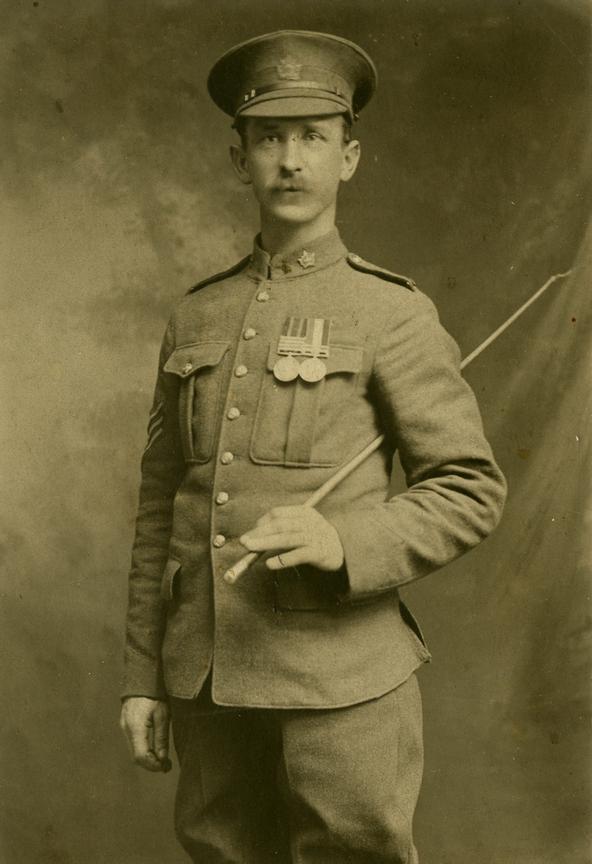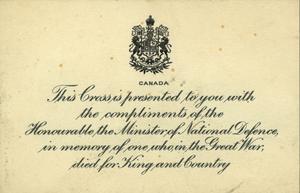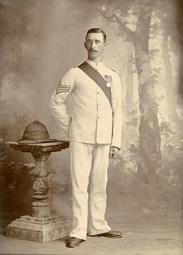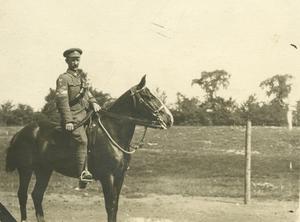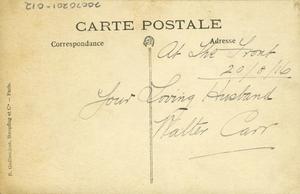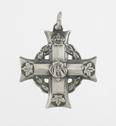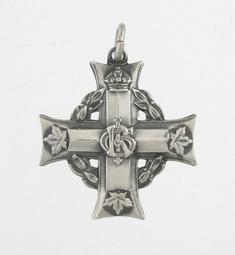Unit
2nd Divisional Signal Company
Branch
Royal Canadian Corps of Signals
Service Component
Canadian Expeditionary Force
Service Number
62
birth
1878/07/30
Trinity Bury, Lancashire, United Kingdom, England
death
1928/02/21
Ottawa, Ontario, Canada
grave
Beechwood Cemetery, Ottawa, Ontario
Gender
Male
Walter Carr was born in Trinity Bury, Lancashire, England, on 30 July 1878. He was the eldest son of Peter Carr, a cotton dyer, and Martha J. Carr.
Carr immigrated to Canada from Liverpool in the early 1900s. He was a telephone lineman before enlisting in the 2nd Division Signals Company of the Canadian Expeditionary Force on 21 January 1915, in Ottawa, Ontario. When he filled out his attestation paper, he stated that his birth date was 23 June 1878. It is unclear why he did so. He also noted that he had prior military service in the King’s Shropshire Light Infantry. His service file indicates that he served with this unit in the South African War. It is likely that he was present at the Battle of Paardeberg (18-27 February 1900), which was both the first major Canadian action and the first significant British victory in the conflict.
Carr arrived in England aboard SS Megantic on 25 May 1915. On 1 July 1915, he was promoted to the rank of sergeant, an action that likely reflected his prior military experience. In September, his company sailed for Le Havre, France. Throughout his service in France, Carr led soldiers who laid telephone cables. He was promoted to company sergeant-major on 31 March 1917.
Following the Armistice in November 1918, Carr served in Germany as part of the Allied occupation force. He was discharged in Toronto on 29 May 1919.
In 1928, Carr died from valvular heart disease at the Ottawa Civic Hospital. His illness was attributed to his war service, as the symptoms of the disease were first noted in 1916.
Walter Carr is buried in Beechwood Cemetery, in Ottawa.

